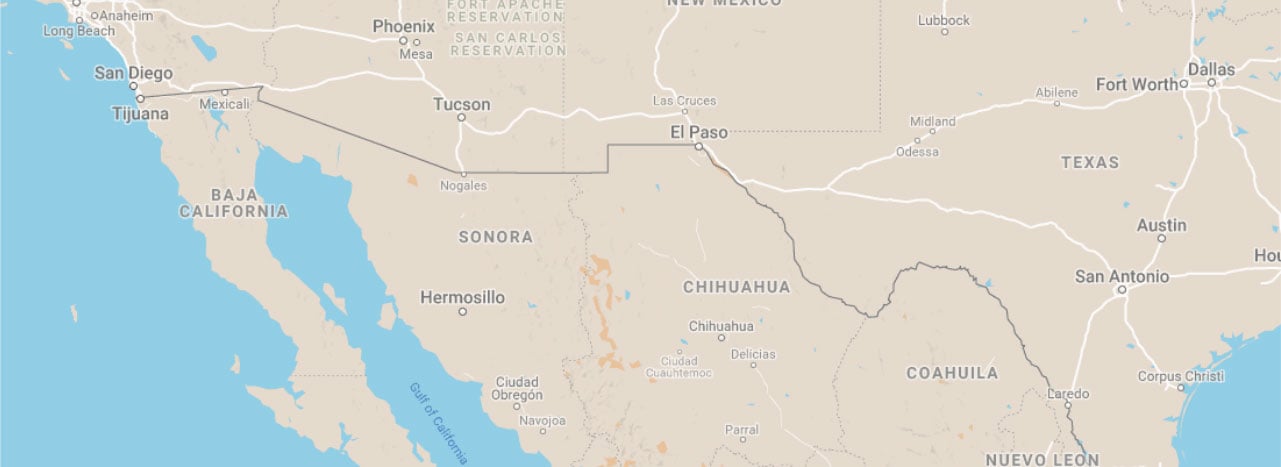San Diego, California, USA
San Diego, California, USASouth Bay Wastewater Plant in San Diego, California
Project Status: Completed

General Information
Sector
Wastewater
Sponsor
City of San Diego - Metropolitan WW Department
Benefited population
1200000
Certification date
June 18, 1997
Financing
Project cost
US 99.59M
NADBank Funds
US 17.20M - NADBank Grant: BEIF
Related documents
Background
The City of San Diego Water Department provides water service to the city from three water treatment plants. Approximately 90% of the city’s water supply is imported, mainly from the Colorado River. This dependence on external sources of supply led to high water costs and increased conservation efforts, including water reuse projects. Wastewater treatment is provided by the San Diego Metropolitan Wastewater Department (MWWD), which is responsible for upgrading and expanding the Metropolitan Sewerage System (Metro). The Metro System was treating approximately 190 million gallons per day (mgd) of wastewater at the Point Loma Wastewater Treatment Plant (WWTP) built in the 1960’s. Unused effluent was conveyed through the South Bay Ocean Outfall and discharged to the Pacific Ocean. The South Metro Interceptor, which conveyed wastewater from the South Bay area to Point Loma, had reached its maximum capacity and showed signs of corrosion. A study completed in March 1993 indicated the need to increase capacity.
Project Scope
Construction of a 7.0-mgd activated sludge WWTP, with secondary and tertiary treatment facilities, which included an operations and maintenance building, a chemical building and parking areas.
Benefits
The project provided a new source of reclaimed water, lessening dependence on imported water supplies and offsetting the need for new water supply sources. In addition, the new plant provided additional treatment capacity, allowing flows normally conveyed to the Point Loma Plant to be diverted from the South Metro Interceptor, thus reducing the potential for sewer spills.